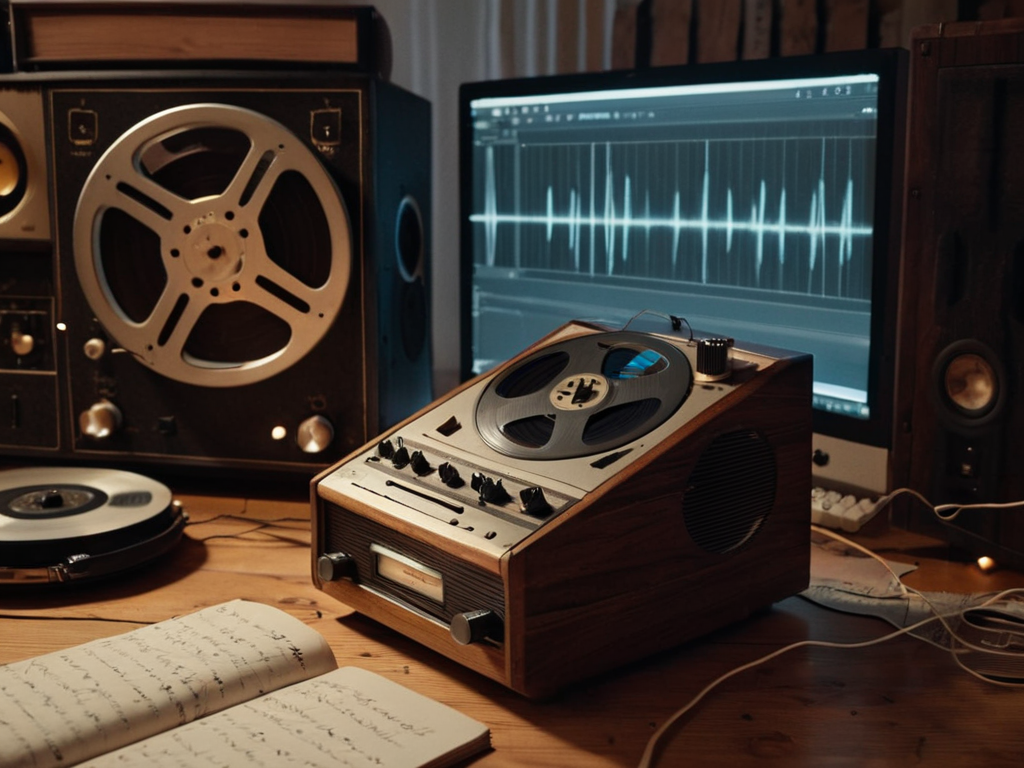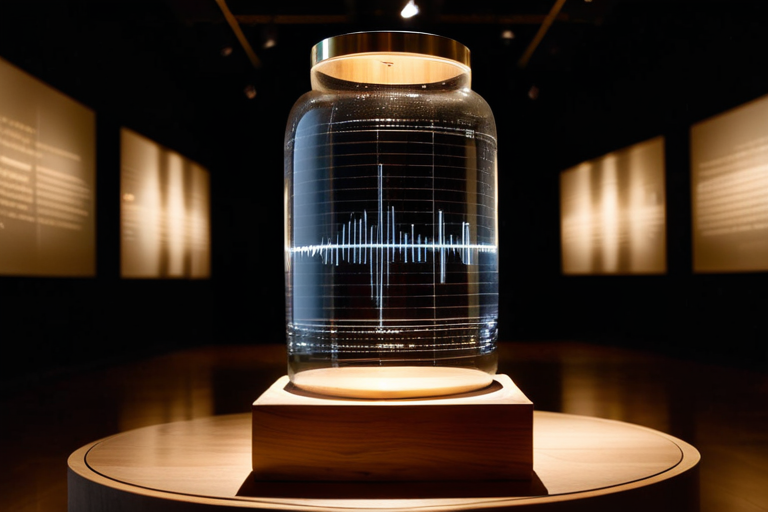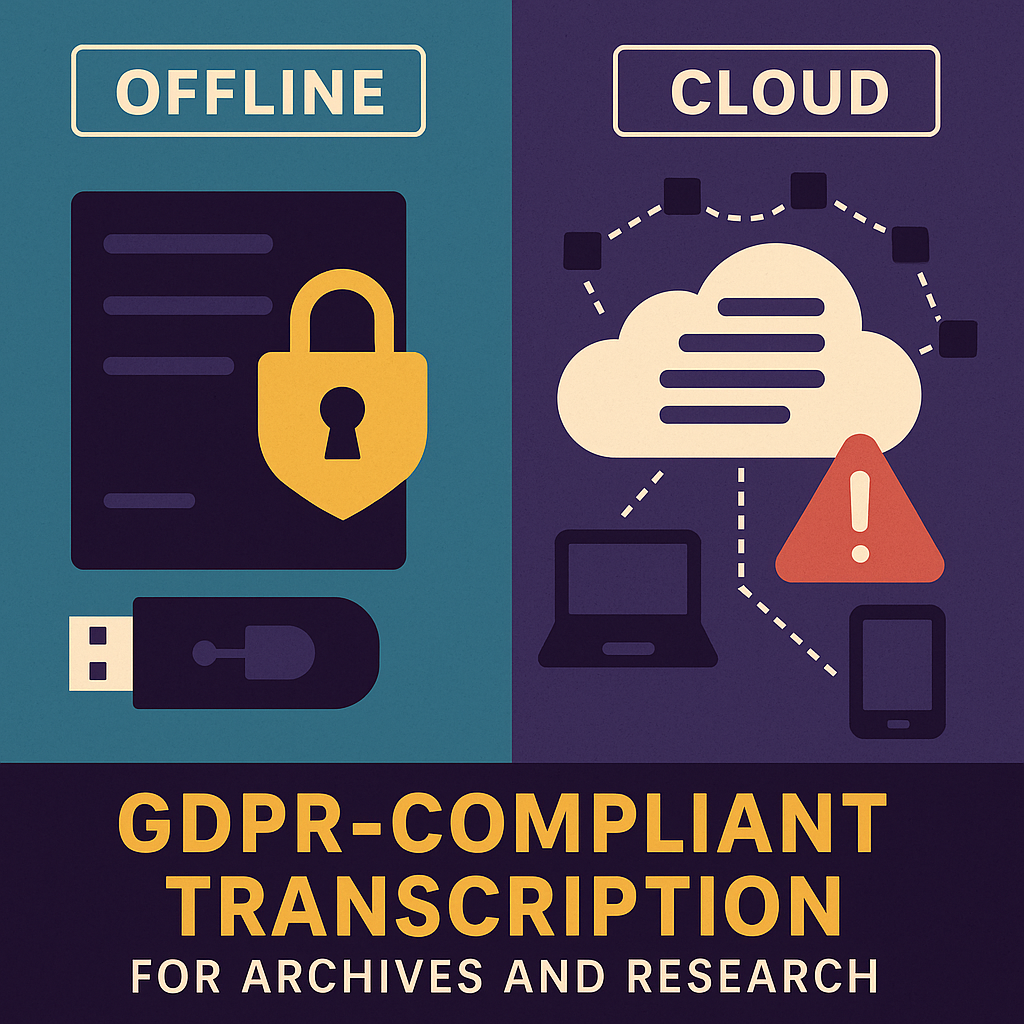The Evolutionary Architecture — A Manifesto for Responsible Technology
Why systems must evolve without erasing themselves: transparency, modularity, energy awareness — and an intelligence that remembers.
Explore R2 Mechanics articles and downloadable PDF on offline-first transcription, sustainable AI architecture, and responsible technology for archives and research institutions.
Why systems must evolve without erasing themselves: transparency, modularity, energy awareness — and an intelligence that remembers.
How museums, archives, and research institutions transform raw recordings into GDPR-compliant, archive-ready collections with WhisperX, diarization, and METS/EAD/IIIF.

Beyond digitization: offline-first workflows and multilingual processing turn recordings into searchable, meaningful resources for research and public engagement.

Transcription preserves meaning and context. Ethical editing and cultural sensitivity ensure oral histories become living, accessible documents.

Privacy, legal certainty, and trust: why air-gapped processing offers full GDPR compliance, long-term auditability, and true data sovereignty.
